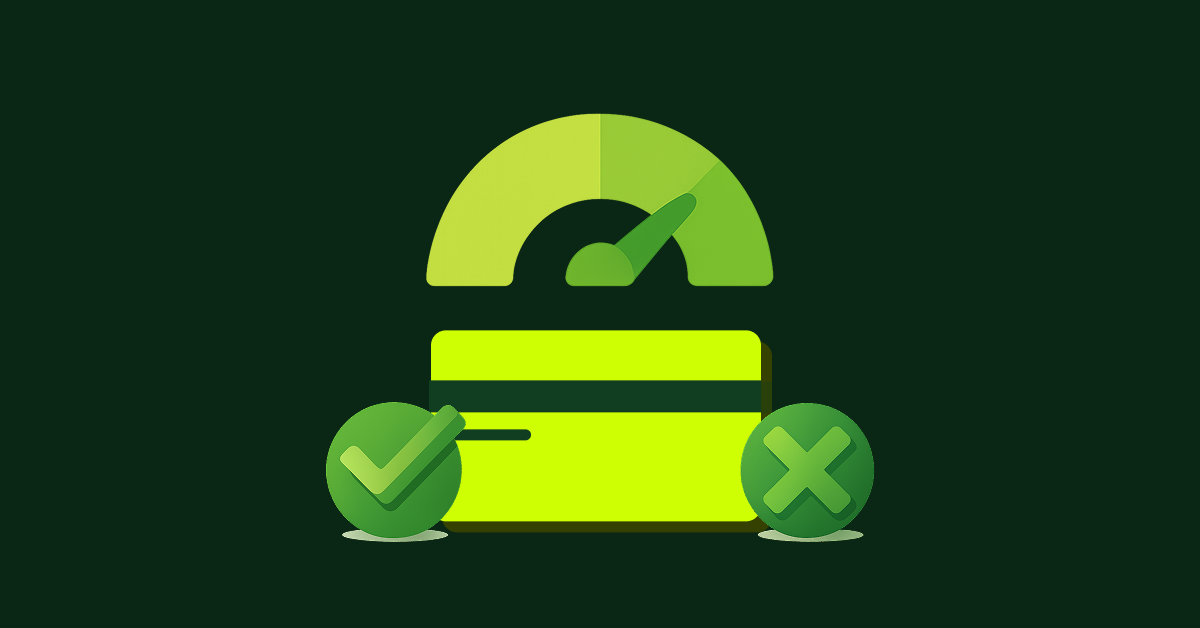How to Build Credit With and Without a Credit Card

Building credit is a necessity. A solid credit history and good credit score can be the key to securing a mortgage, a car loan or even a job. But if you’ve never had credit, how do you get a credit card or a loan?
On the other hand, if you’ve had credit problems, how do you rebuild your credit?
1. Check your credit report
Your credit report is a summary of your credit history. It lists all of your credit accounts, the amount you owe, how much credit you have available, your payment history, and any late or missed payments. Lenders use this information to help determine whether to approve you for a loan.
You have the right to check your credit report for free once a year from each of the three major credit reporting bureaus: Equifax, Experian, and TransUnion. You can get a free copy of your credit report from each of the bureaus at www.annualcreditreport.com.
Your credit report will not include your credit score. If you want your credit score, you will need to purchase it from one of the credit reporting bureaus or another service. You can also get your credit score for free from some credit card companies. Note that you have multiple credit scores, so your credit score may vary depending on the source.
2. Set up automatic payments
One of the most important factors in your credit score is whether or not you make your payments on time.
It’s a good idea to set up automatic payments for at least the minimum amount on your credit card and other loan accounts. This way, if you forget to make a payment, it won’t hurt your credit score.
Just be sure to keep an eye on your balance and make sure you have enough money in your bank account to cover the payment.
3. Ask for a credit limit increase
If you already have a credit card, you can ask your credit card company to increase your credit limit. If you do this, make sure you don’t increase your spending and that you keep your credit utilization low.
For example, if you have a $500 credit limit and you spend $100, your credit utilization rate is 20%. If you have a $1,000 limit and you spend $100, your credit utilization is only 10%. A lower credit utilization rate is better for your credit score.
You can also apply for a new credit card to get a higher credit limit, but don’t apply for too many new credit cards in a short period of time. This can hurt your credit score.
4. Pay twice a month
Credit card companies report your balance and payment history to the credit bureaus once a month. If you use a lot of your credit limit, it could appear to the credit bureaus that you’re using more than you can afford. This can hurt your credit score.
One way to avoid this is to pay off your balance more than once a month. You can make a payment every time you get paid. That way, you’re keeping your balance low and you’re making sure you can afford to pay off your credit card.
If you’re using a credit card to build credit, make sure you’re using it responsibly. This means not using more than 30% of your credit limit and paying your bill on time.
5. Move credit card debt to a personal loan
If you have credit card debt, you may be able to get a lower interest rate and a fixed monthly payment by taking out a personal loan and using the proceeds to pay off your credit cards.
This can also help your credit score. Credit scoring models like FICO pay close attention to how much of your available credit you’re using. This is known as your credit utilization. The lower your credit utilization, the better for your credit score.
If you use a personal loan to pay off credit card debt, your credit utilization will drop to zero. This can give your credit score a nice boost.
It’s important to note that this strategy only works if you don’t rack up more credit card debt. If you do, you’ll have the debt on the personal loan and the credit card to deal with.
6. Open a secured credit card
If you don’t have a credit history, it can be difficult to get approved for a traditional credit card. But a secured credit card can be a good option.
With a secured credit card, you make a security deposit that becomes your credit limit. For example, if you make a $500 deposit, your credit limit will be $500. Not only does this reduce the risk to the credit card issuer, but it also makes it easier for you to get approved for a credit card.
Make sure that the issuer of the secured credit card reports your payment history to the credit bureaus. If it doesn’t, a secured credit card won’t help you build credit.
7. Become an authorized user
If you have a friend or family member who has a credit card and pays their bills on time, you can ask them to add you as an authorized user on their account.
When you’re an authorized user, the account will show up on your credit report and the payment history will be factored into your credit score. But you won’t be legally responsible for paying the bill. That means if the primary cardholder misses a payment, it won’t hurt your credit. But if they rack up a lot of debt, it could impact your credit utilization, which could hurt your score.
If you go this route, make sure the primary cardholder has good credit habits and ask them to add you as an authorized user on their oldest account. That way, you’ll get the most benefit from the length of their credit history.
If you’re an adult in the U.S., you should have a credit report. Your credit report contains information about your credit accounts, payment history, and public records, such as bankruptcy filings and tax liens.
Your credit score is a three-digit number that represents the information in your credit report. Lenders use your credit score to evaluate your creditworthiness. If you have a high credit score, you’re more likely to be approved for credit and get better loan terms, such as a lower interest rate.
If you don’t have a credit report, you need to build credit. You can do this with a credit card, a loan, or by getting added as an authorized user on someone else’s credit card. Here’s what you need to know about how to build credit.
Conclusion
Building credit is a process that takes time. If you want to buy a house, get a car loan or even rent an apartment, you’ll need to have a good credit score. Using a credit card responsibly is one of the best ways to build credit, but it’s not the only way. If you can’t get approved for a credit card or simply don’t want one, you have other options. With a little patience and discipline, you can build a good credit score that will help you achieve your financial goals.
